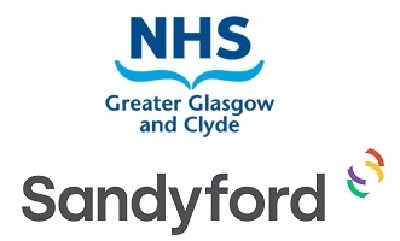Each child will be different and may not present as their chronological age because of past experiences or additional needs.(8) Therefore, you may need to use language and resources from other age/stage sections of this toolkit.
Typical development 9 - 11 years old (1)
- From about the age of 10, children become more interested in adult sexuality. They fantasise more about sexuality and hear and see all sorts of things online, on TV/films and watch or hear about things on social media which arouses their curiosity. Nevertheless, their response may be prudish or offhand if you try to talk to them about sexuality.
- The first steps towards love may be taken during this phase: young people start to have ‘crushes’ and make cautious advances towards one another (holding hands, kiss on the cheek, etc.)
- At the younger end of this stage, some children will have a phone and many won’t. This changes at the upper end of this age range. In 2022 Ofcom reported that 91% of 11 year olds owned a smartphone.(2)
- By age 11, 27% of children have seen pornography.(3)
